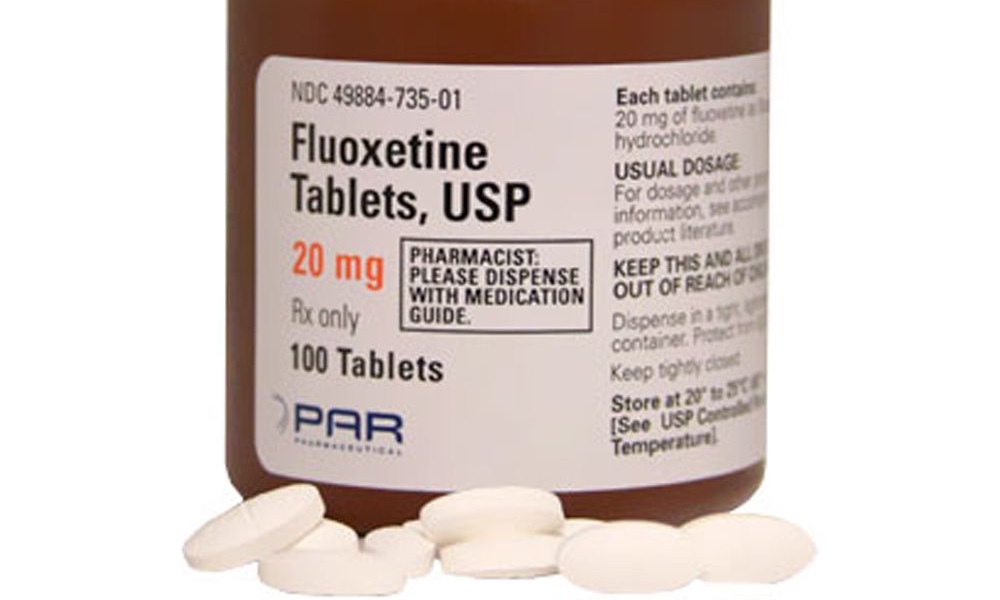The serotonin signaling system controls serotonin levels in the brain and is a well-known target for drugs like selective serotonin reuptake inhibitors, or SSRIs, to treat depression.
Serotonin signaling also plays a role in the immune system, one of the most important tools the body has for fighting tumors, suggesting the possibility that SSRIs could be effective in fighting cancer.
That's what a team of scientists at the University of California, Los Angeles, recently found.
The SSRIs fluoxetine and citalopram reduced tumor size by more than 50 percent in mouse and human models of melanoma and breast, prostate, colon and bladder cancer. The drugs also enhanced CD8 T cell antitumor activity.The idea was to see if SSRIs could be combined with existing cancer therapies to make them more effective.
“We wanted see if drugs that act on the serotonin signaling system to treat things like depression can target that system in the T cells to help fight cancer and improve antitumor immunity,” James Elsten-Brown, a coauthor on the study, told TheDoctor.
SSRIs are the most commonly prescribed class of antidepressants in the U.S. “SSRIs have been widely and safely used to treat depression for decades, so repurposing them to treat cancer would be a lot easier than developing a new therapy,” Lili Yang, the senior author on the study, said in a statement.
Yang, a professor of microbiology, immunology and molecular genetics at UCLA, and her team have been investigating the role of serotonin in fighting cancer since they found that cells isolated from tumors had high levels of serotonin-regulating molecules. The researchers initially focused on monoamine oxidase A, an enzyme that breaks down serotonin and other neurotransmitters.
In 2021, the researchers reported that when they recognize tumors, T cells produce this enzyme. As a result, this makes it more difficult for them to fight the tumors. Treating mice who had melanoma and colon cancer with monoamine oxidase inhibitors, the first class of antidepressants to be approved, helped T cells fight tumors more effectively.
Because monoamine oxidase inhibitors often create serious side effects and can interact with certain foods and medication, the researchers decided to focus on the serotonin transport protein SERT, a molecule whose only function is to transport serotonin into cells. SSRIs work by blocking SERT.
The researchers wanted to see if SSRIs could be combined with existing cancer therapies to make them more effective.
They tested a combination of an SSRI and anti-PD-1 monoclonal antibodies, a common immune checkpoint blockade therapy. These therapies help T cells attack tumors more effectively by blocking molecules that inhibit immune system activity.
Immune checkpoint blockade therapies alone are effective in fewer than 25 percent of cases, but when combined with SSRIs, they significantly reduced tumor size in mouse models of melanoma and colon cancer, and in some cases achieved remission.“SSRIs have been widely and safely used to treat depression for decades, so repurposing them to treat cancer would be a lot easier than developing a new therapy.”
“If a safe, widely available drug like an SSRI could make these therapies more effective, it would have a huge impact,” said Brown, a graduate student in Yang's lab at UCLA.
The study is published in the journal Cell.





